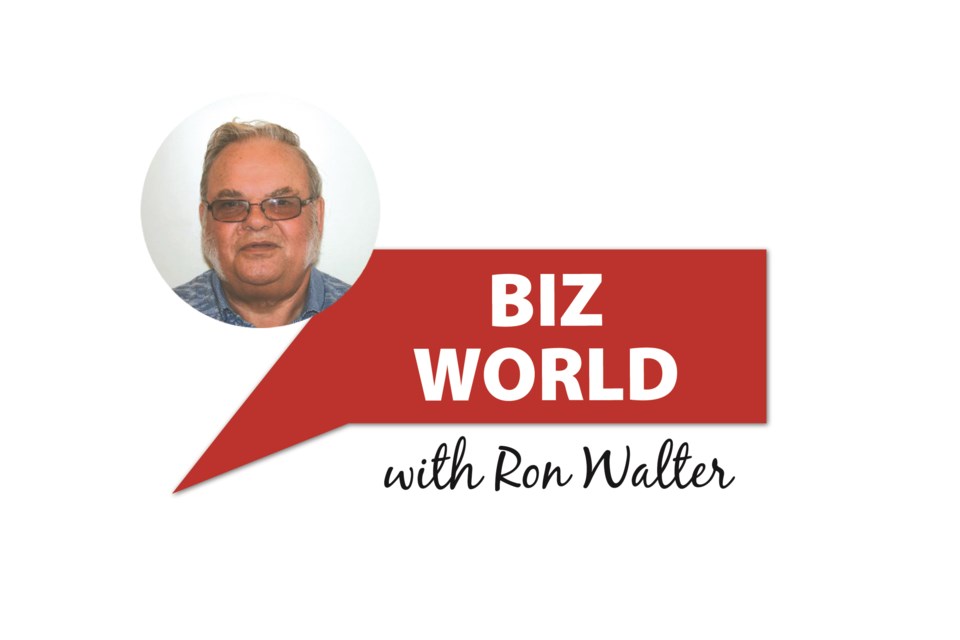Trade experts in Canada are worried the new American president and his party will continue policies that make export access south of the border difficult.
Of particular concern: fear that silly tariffs imposed by Trump will stay, and a Buy American policy Biden and the Democrats promised.
To avoid these obstacles Canada needs bargaining chips, the rare earth mining industry offers Canada a bargaining position.
Northern Ontario, Northern Saskatchewan and the Territories are a treasure house of these minerals.
Rare earths are vital to high technology and especially the electric vehicle industry, smart phones, and renewable energy.
Commercially-viable deposits of rare earths are, well, rare. China produces the vast majority of many rare earths and has been buying rare earth companies around the globe.
The situation is so worrisome the United States announced plans for a deal with Canada to develop rare earth resources here.
That is the bargaining chip. Go easy on Canada or face us selling off to China. We don’t have a national industrial policy to develop them. We nearly always sell them to owners from other countries.
One of the Canadian rare earth companies needing assistance is Avalon Advanced Materials. CEO Don Bubar has been exploring and promoting the operation for about 20 years.
In that time Avalon has found six rare earth and mineral projects that cover a range of things from lithium tantalum, niobium, cesium, indium and germanium to zirconium.
Three of these projects are advanced to mineable or near mineable status.
Foremost among these is the Separation Rapids lithium deposit north of Kenora, Ontario. The preliminary economic assessment envisions a 20 year mine life producing 86,000 tonnes a year with a capital cost of $77 million.
Global lithium production in 2019 was 77,000 tonnes. Separation Rapid would not flood the market. Growth of electric vehicle use and lithium batteries is eating supplies. Elon Musk is worried about having enough lithium for production run of his cars.
Avalon has a ready to mine deposit of rare earths and zirconium on the east end of Great Slave Lake in the Northwest Territories since 2013.
In northern Ontario, the company has an advanced deposit containing cesium, tantalum and lithium.
Near East Kemptville, Nova Scotia, a preliminary economic assessment sees a tin and indium mine costing $31 million and operating 19 years.
A feldspar deposit in Northeastern Ontario is ready for development.
Financing is an obstacle to any mine developments by Avalon. The company has 374 million shares outstanding with 20,000 shareholders in Canada, United States and Germany.
At seven cents a share, raising the 25 per cent equity needed to finance a mine will dilute current shareholders terribly.
The company needs a partner or forgivable injection of capital. As it stands Avalon is a strong candidate for a take-over likely by a foreign company.
Canada has a number of other rare earth explorers in the same boat as Avalon.
Ron Walter can be reached at [email protected]
The views and opinions expressed in this article are those of the author, and do not necessarily reflect the position of this publication.




